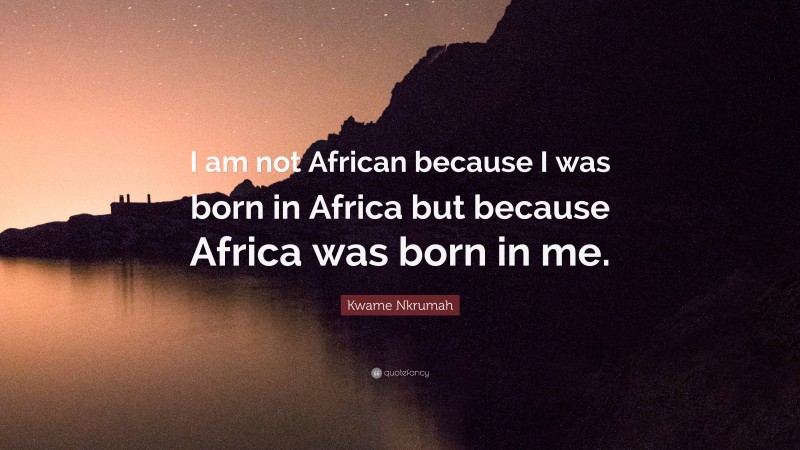
-
By:
- David Kedode
- 1 Comment
- Tags: Africa, Africa Awakening, ECOWAS, France, Niger, USA, West Africa
The Awakening in Africa Cannot Be Stopped
In recent years, an awakening has been sweeping across the African continent, characterized by growing self-awareness, demands for change, and the pursuit of greater autonomy. This awakening has caused ripples of concern among some established powers, commonly referred to as the “gatekeepers,” whose influence has long been deeply embedded in the continent’s political and economic landscape. The emergence of this newfound African consciousness is perhaps most evident in the recent military takeovers witnessed in parts of West Africa, the latest being Niger.
The West, particularly France and US, have traditionally held a significant stake in the region’s affairs, often positioning itself as a key player in shaping political outcomes and resource exploitation. However, the changing tide of African consciousness and the clamor for greater self-determination have begun to unsettle these established dynamics. As a result, France, which has arguably been the biggest beneficiary of these arrangements, finds itself navigating uncharted waters.
The unfolding events have led some Western powers to resort to efforts to maintain the status quo. There have been instances where external influence is being exerted through diplomatic channels to restore the pre-existing order, often involving calls for military intervention by regional organizations such as the Economic Community of West African States (ECOWAS). The intentions behind such actions might be to preserve interests and maintain influence, but the approach raises questions about the sovereignty and self-determination of African nations.
However, what the West might be failing to grasp is the depth and irreversibility of the awakening that is taking place in Africa. This awakening is not solely a reaction to external pressures; it is a genuine movement driven by a growing awareness among Africans of their potential and capabilities. As the late Patrice Lumumba, the former Prime Minister of the Democratic Republic of Congo, aptly noted, Africans are determined to write their history—one that embodies glory and dignity.
The awakening encompasses a multifaceted transformation. From political discourse to economic decision-making, Africans are increasingly seeking agency and asserting their voice on the global stage. This surge of self-belief is manifesting in various ways, including demands for transparent governance, fair economic partnerships, and equitable distribution of resources.
It is essential to acknowledge that this process is not without its challenges. The push for autonomy and self-determination might lead to internal conflicts, as different factions vie for influence and control. The shift away from established power dynamics could also create uncertainty and instability in the short term. Moreover, any movement of this nature is likely to encounter resistance from those who have vested interests in maintaining the existing order.
Nonetheless, the trajectory of the awakening appears irreversible. African nations are increasingly recognizing the value of their human and natural resources, and they are harnessing these assets to drive their development. The growing emphasis on intra-African trade, investment in education and innovation, and diplomatic collaborations among African countries demonstrates a commitment to charting a new course.
In conclusion, the awakening occurring in Africa is a manifestation of the continent’s determination to rise above historical narratives of exploitation and oppression. While the West’s concerns and efforts to preserve influence are understandable, they must be approached with sensitivity to the aspirations and rights of African nations. The evolution of Africa’s awakening is a testament to the strength of its people’s will to redefine their future, guided by a history of glory and dignity that Africans are determined to create on their terms.

1 Comment found